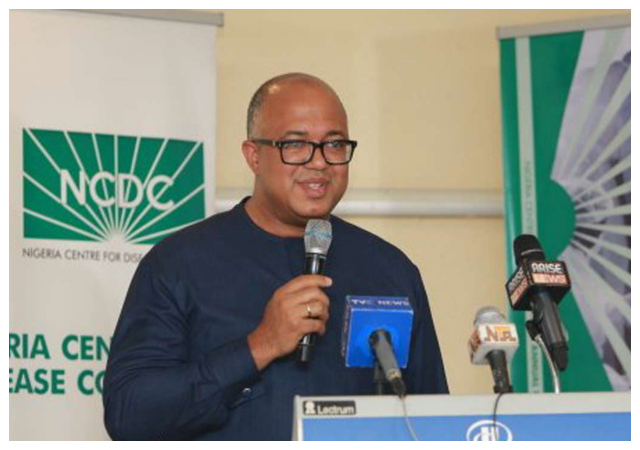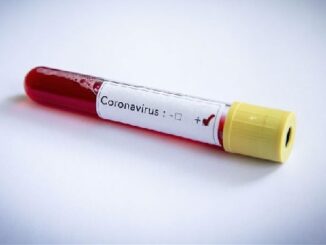
In order to better prevent, identify, and address public health hazards in the nation, Dr. Ifedayo Adetifa, director general of the Nigeria Center for Disease Control and Prevention, has advocated for increased domestic financial allocation and funding to improve health security.
At the second Joint External Evaluation for the International Health Regulations Core Capacities, which was held in Abuja on Monday, Dr. Adetifa made the call.
Adetifa asserted that allocating specific financing for the implementation of health security will improve capabilities for addressing threats to the public’s health.
One of the four elements of the IHR monitoring and evaluation framework, Joint External Evaluation is a voluntary multi-sectoral process that involves a diverse team of experts who evaluate a country’s preparedness and response capabilities across 19 technical areas, with the help of the appropriate Ministries, Departments, and Agencies.
Speaking at the event, Adetifa said, “We need to prioritise health. Health goes beyond capital projects – buildings and facilities. You need the human capital, equipment, training, and quality systems. Once we get the political leadership to properly prioritise health, then health will receive more funding.
“I believe that some state governments are committing quite a bit of their own budget to health. What we need to see is to make that a groundswell; that even more states are doing that, and that the national government is doing that.
“I believe that with the agenda that has already been set by the new government led by President Bola Ahmed Tinubu, we will see more domestic funding to health. We expect to see more funding, especially with the identification of priorities from the JEE evaluation.”
According to Mary Boyd, the Country Director for the Centers for Disease Control and Prevention in the United States, more must be done for countries to be able to prevent, identify, and quickly respond to public health catastrophes as a result of the epidemics of the past 20 years.
“This is why the JEE is important. It encourages a collaborative approach and highlights the major achievements and gaps in our health security to guide our work for another five years. I want to congratulate Nigeria for taking the bold step to conduct this assessment. The US CDC has been with Nigeria since the first JEE in 2017.
“One of our many contributions to health security in Nigeria is the compilation and archival of documents from previous assessments to prepare for today. This effort is led by our partner RTI International and the NCDC. I want to encourage everyone present here to keep up the good work and not relent but also take some time to celebrate the small wins. While we have high hopes, all scores are important- whether high or low. The important thing is what we need to work on because we’re in it together.”
On his part, the senior Adviser of the World Health Organisation Global JEE Secretariat, Dr Henk Ormel, said ensuring health security in Africa will prevent outbreaks of diseases.
He said, “The JEE process was developed to help countries assess their capacity to prevent, detect and respond to public health threats. The process is to identify the most critical gaps for health security using a multi-sectoral approach. The JEE is to gather data to evaluate the implementation of the International Health Regulations.



